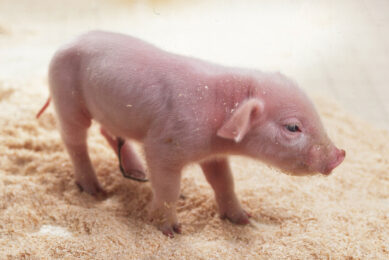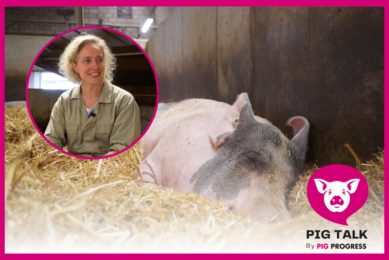US soybean ban would cost Dutch livestock sector millions

If the Dutch feed industry cannot import soybeans from the US it will cost the Dutch livestock sector between 13 and 19 million euros due to an increase in feed prices, Agrarisch Dagblad writes.
The feed and food sector as a whole will loose between 91 and 208 million euros according to a report from the Dutch agricultural economic institute LEI.
Pig and poultry feed prices will rise 3% to 11% according to LEI. The shortage of available protein substitutes, which would diminish the price increase, also implies a loss of quality of the feeds.
Less performance
A lower protein level will, according to the researchers, lead to sub-optimal performance of fattening pigs and broilers. Other livestock such as layers, sows and cattle are less affected by this problem.
LEI presented the report on request of the Dutch Productboard Margerine, Fats and Oils (MVO) and Nevedi, the umbrella organisation of animal feed manufacturers.
These two organisations asked LEI to map the effects for the Netherlands of an import ban on American soybeans. Because of a GM zero-tolerance policy these soybeans cannot enter the country, because they might contain traces of genetically modified soybeans.
According to LEI the whole Dutch food sector will loose between 91 and 208 million euros. For Europe it would mean a loss of 4.4 billion euros.
Feed sector most affected
The biggest looser in the Netherlands would be the animal feed industry with an estimated loss of between 34 and 86 million euros. This amount is difficult estimate more precise because prices of alternatives such as citrus pulp is not always clear.
The food supplying industry and meat processors each loose a maximum of 19 million euros. The crushing industry is estimated to loose about 4 million euros.
The EU depends for about 50% on imports of US soybeans and soy cake. Because of poor harvests in Argentina due to drought and early Brazilian deals with Chinese buyers there are fewer beans available or in stock.











